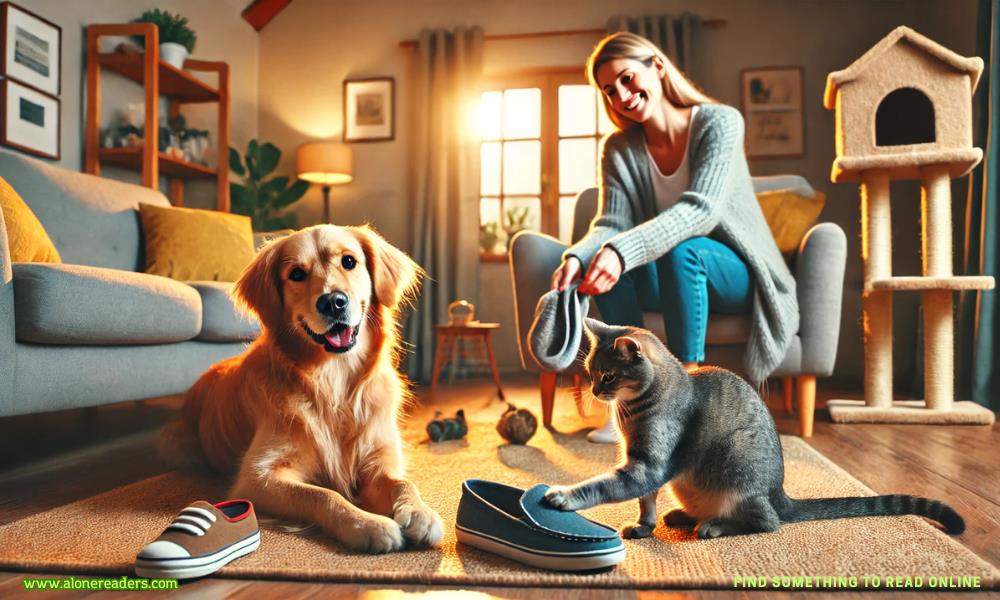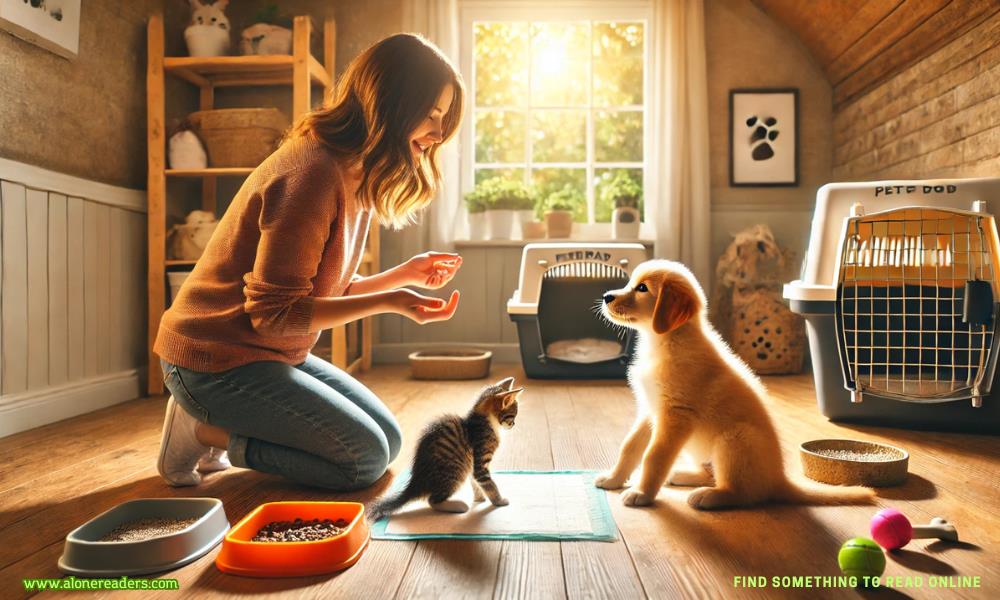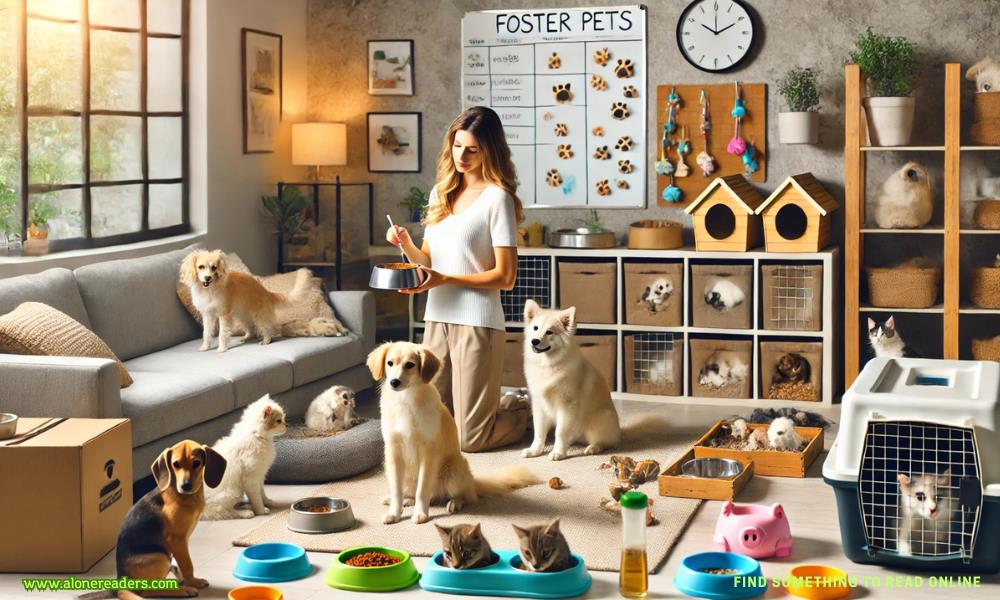Page 22 of My Demanding Duke
Hugh made his way to the Egyptian Room, so called because of its papyrus wall-hangings and the enormous sphinx statues which stood sentinel-like on either side of the fireplace. Golden sconces cast a warm glow across the emeraldbaize-covered table, illuminating the faces of the men playing.
Hugh recognised Lord Beaufort’s face at once, though Bartie—who held no cards—had quite obviously folded early.
“Your Grace,” he said with a grin, as Hugh took the seat beside him, “I was just about to give up on the night.”
“Not winning?”
“I never do,” Bartie answered with a grin, “But usually there’s a bit of entertainment to be had. Frightfully dull this lot, they’re taking it all very seriously.”
This last remark was delivered in a whispered aside. At the centre of the table was a rather large pot of coins and promissory notes. The young men all wore looks of intense concentration and Hugh guessed that several had staked their quarterly allowances.
“Is that the younger Lord Lewisham?” Hugh queried of Bartie, with a discreet nod to a lad with limp hair and a florid complexion.
“It is,” Bartie confirmed, “He doesn’t look too upset about Graystone’s condition.”
The Duke of Graystone had recently suffered terrible injuries after losing control of his phaeton. The accident was both tragic and peculiar, given Graystone’s young age and his reputation as a remarkable whip. At only four-and-thirty years, Graystone was unmarried and had no male issue, so Hugh’s old friend from Eton, Lord Nathaniel Lewisham, had been called back from serving with Wellington’s army, to assume the title once his brother passed.
“I’m glad it’s Nate who will inherit,” Hugh commented as he watched the younger Lord Lewisham throw his cards down petulantly on the table as he lost the hand. “I couldn’t imagine that Tulip carrying the line.”
“Poor Graystone, an awful tragedy,” Beaufort sighed. “But Lord Lewisham is lucky to have a friend to advise him on the trials of unexpectedly inheriting a title,.”
Hugh stiffened at the mention of Jack; his brother’s death was a wound he did not often examine. Yet, since he had met Anna, Jack’s ghost seemed ever present.
“Lewisham will be fine,” Hugh answered, brushing the topic aside. Though, inwardly, he felt a stab of pain on his friend’s behalf; to lose a brother was to lose a piece of oneself. At least for Lewisham the sense of guilt might be less, he thought, somewhat bitterly. Fewer sleepless nights, fewer what ifs. An accidental death was so much easier to mourn than…
“Gravesend is onto a winner,” Beaufort commented as the game came to its conclusion.
A young lord, fresh down from Oxford at Hugh’s guess, gave a whoop of delight as he revealed the winning hand. His face was familiar and Hugh realised, with a start, that he had been present on the night that he won Anna’s hand. He observed as, with a greedy smile Gravesend reached out and pulled the sizable pot toward him, leering at his fellow players.
“Nobody likes a popinjay,” Bartie said, in response to the young lad’s gloating. He waved down the footman to fetch another drink and gave Hugh a roguish smile. “The chap has been winning all evening, it would be highly entertaining if someone was to take the wind out of his sails.”
“I’m not a court jester, Beaufort,” Hugh countered, though when the dealer called for the next game, Hugh signalled his intention to join. There was nothing like a game of cards to distract from one’s memories.
As usual, Hugh allowed himself to lose the first few rounds. Loo was a game of both chance and skill—observation of one’s opponents being the oft-overlooked key to success. Hugh was patient, biding his time and carefully noting not just the patterns in his opponents’ play but their temperaments too. As half of the young bloods were deep in their cups, it was quite easy to tell when they had been dealt a good hand.
Gravesend, however, was a little more difficult to discern. Hugh quickly realised that the young buck was not as drunk as his companions, though he made a great show of brandishing his brandy glass.
They were on their third round, when Hugh noted it—a discreet glance between Gravesend and the dealer, whose hands trembled ever so slightly as he manipulated the deck with practiced precision. Hugh observed carefully as the cards were dealt and hid a smile as he noted Gravesend—with a quick slight of hand—slip one of the cards beneath the table.
The impertinent upstart was cheating!
Hugh allowed the game to carry on. Bartie, who bet small and folded early, was out first, followed by several other players, until only Hugh, Lord Lewisham, and Lord Gravesend were left. Hugh's attention sharpened as the final trick drew near, watching Lord Gravesend with quiet intensity. The young blood’s eyes were alight with avarice, a sight Hugh had seen countless times at the tables.
“What say I stake my estate in Dorset, your Grace, will you match me?” Gravesend called, as Lewisham finally folded.
“I could match your bet ten times over, boy,” Hugh answered coolly as he pushed back his chair, “But I cannot match your luck—though I don’t know if I’d call concealing cards luck. Cheating is rather more correct, don’t you think?”
In three quick strides, Hugh circled the table to Gravesend and pushed back the young man’s chair to reveal the card on his lap.
"I believe this belongs in the game," Hugh said as he picked up the card, his voice low but unmistakable in its anger. The room fell silent as the coveted Pam landed on thebaize, its presence undeniable. Gravesend’s face drained of color, and his hand twitched as though he wished to snatch the Pam back.
"It seems your luck has run out, my lord," Hugh finished, with an arch of his brow.
The room was stunned to silence for a moment, until Gravesend let out a howl of anger and rounded on the dealer.
“You fool,” he shouted, leaping from his seat to confront the young lad, “Idiot! I should never have trusted a lout like you to be discreet.”
Hugh raised a brow in disbelief; there was nothing more cowardly than a man who blamed others for his own misdeeds.
- Beneath the Burn by Pam Godwin
- Unhinged by Jane Henry
- Praise Me: Soldier by Jessa Kane
- Irresistible Temptation by Tory Baker
- The Brat and the Bodyguard by S.E. Law
- Seduced By the Mafia Don by Flora Ferrari
- However You Want Me by W. Winters
- Mountain Protector by Stella Banks
- Kissing My Brother's Best Friend by Lena Little
- Tempted By the Devil by Sienne Vega
- Husband for the Holidays by Dani Collins
- Arranged by Piper Stone
- Redemption by Tori Fox
- Inked Soul by Jade Marshall
- Speed by R.J. Scott
- Always You by R.J. Scott







